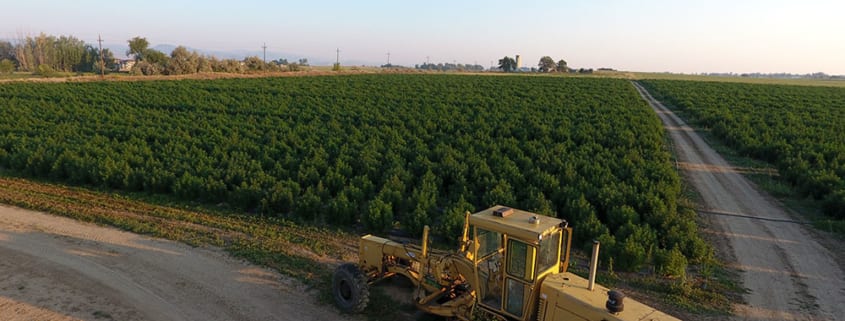
The Hemp Nation Group: Cultivating Innovation and Opportunity in a Booming Market
The Hemp Nation Group (HNG) is not just a company, it’s a cooperative enterprise at the forefront of a green revolution. We’re harnessing the immense potential of hemp, both economically and environmentally, through a series of groundbreaking initiatives designed to benefit investors, the industry, and consumers alike.
A Booming Market:
The global cannabis and hemp market is projected to reach a staggering revenue of US$64.73bn in 2024. (Source: https://www.statista.com/outlook/hmo/cannabis/worldwide). This explosive growth presents an unparalleled opportunity for investors seeking to capitalize on a sustainable and socially responsible market.
GreenWeaver AI: Revolutionizing Sustainability
HNG’s GreenWeaver AI platform stands as a game-changer for the hemp industry. This AI-powered solution goes beyond simple search functionality. GreenWeaver empowers businesses with:
- Sustainability Assessments: Minimize environmental impact with data-driven insights on life cycle analysis, supply chain mapping, and waste reduction strategies.
- Material Selection Optimization: Reduce reliance on resource-intensive materials by identifying eco-friendly hemp alternatives.
- Market Trend Analysis: Stay ahead of the curve and make informed decisions with real-time insights into emerging trends.
GreenWeaver benefits the industry by promoting responsible practices, the environment by encouraging resource efficiency, and consumers by ensuring the highest quality and sustainability standards in hemp products.
Hemp Corridors: Cultivating Economic Prosperity
HNG’s vision extends beyond individual businesses. We’re fostering economic development through the creation of “Hemp Corridors.” These specialized regions will concentrate hemp production, processing, and manufacturing, creating jobs, stimulating local economies, and establishing new markets for hemp-based products.
Mobile Micro-Decorticators: Democratizing Hemp Processing
HNG’s acquisition of a fleet of Mobile Micro-Decorticators represents a bold move towards consumer empowerment. These mobile units bring hemp processing directly to farmers, cooperatives, and even individual consumers. This innovative approach decentralizes processing, empowers local communities, and fosters a more inclusive hemp economy, opening doors for consumer-driven innovation in hemp products.
Hempfilament for 3D Printing: A Limitless Future
HNG is pioneering the use of hempfilament in 3D printing. This opens doors for a vast array of sustainable and eco-friendly products, from furniture and building materials to custom-designed consumer goods. The potential applications are limitless, offering exciting investment opportunities in a rapidly developing field.
Investing in the Future of Hemp
HNG is at the forefront of the hemp revolution. Our commitment to innovation, sustainability, and economic empowerment positions us as a leader in this dynamic market. By investing in HNG, you’re not just investing in a company, you’re investing in a future powered by hemp – a future that’s good for the environment, good for the economy, and good for consumers.
Join us as we cultivate a brighter future, together.





